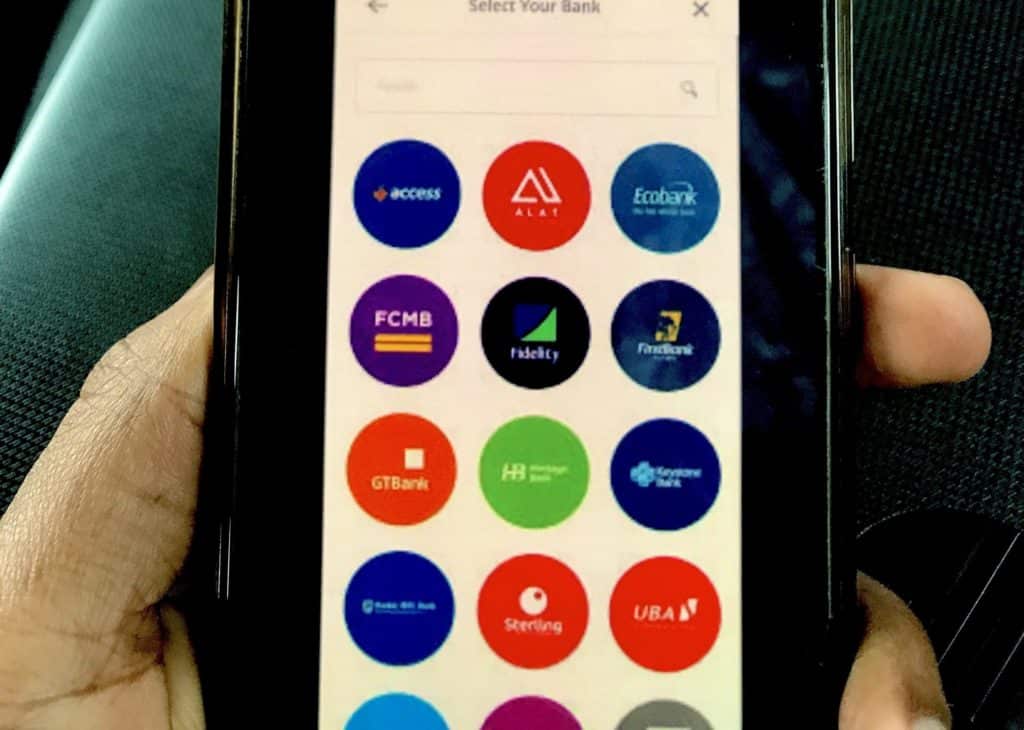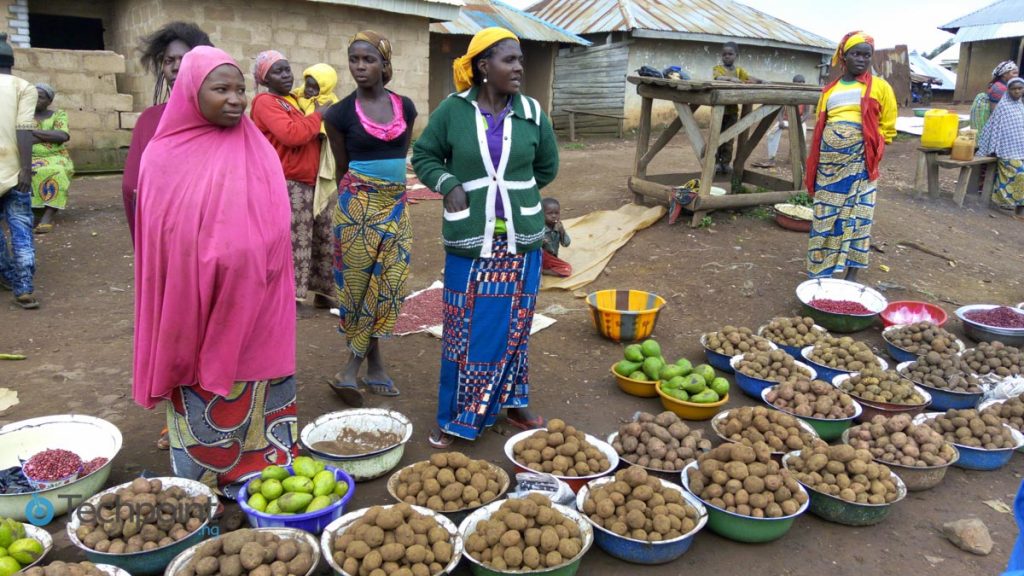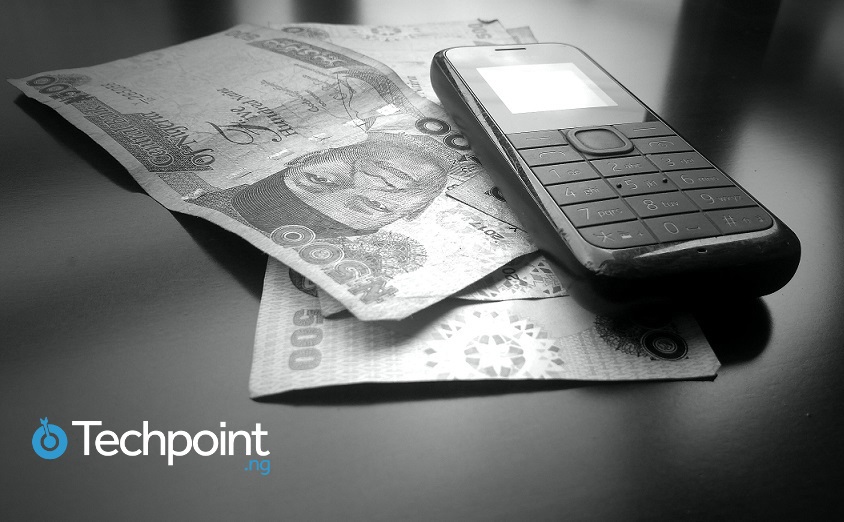On July 9, 2021, the Central Bank of Nigeria (CBN) released its Framework and Guidelines on Mobile Money services in Nigeria (PDF). This follows a recent spate of regulations in the payments systems sector targeted at enhancing financial inclusion.
In 2018, CBN revised the National Financial Inclusion Strategy (PDF) document to reflect its new goal of reducing financial exclusion to 20% by 2020. It also revealed a drastic shift in favour of mobile money and agent banking.
Interestingly, CBN last updated the mobile money regulations in 2015. With the target year of 2020, it is almost safe to expect several changes in these new guidelines.
In with the new, out with the old. Or not?
One fact has always been clear, Nigeria does not operate a telco-led mobile money model. Unlike other African countries like Ghana and Kenya, the government employs the bank-led and non-bank-led models.
Essentially, only banks or licenced corporate organisations can be Mobile Money Operators (MMOs). Previously, only deposit money banks and telcos were excluded from the non- bank-led model. However, this exception now also covers national primary mortgage banks, national microfinance banks, and telecom subsidiaries.
Apart from that, these new regulations mean MMOs can now operate savings wallets, issue e-money, recruit and manage agents, card acquiring, and any other activities permitted by the CBN. The circular for New Licence Categorisations for the Nigerian Payments System (PDF) already contained these provisions.
However, these regulations formalise and give more insights into the modalities of the wallet system, investment operations, and interest distribution. For example, we now know that all funds in the savings wallet are to be invested in Nigerian Treasury Bills. We also know that fees and charges for managing these investments can not be more than 10%.
Under these new regulations, MMOs cannot
- grant loans, advances or guarantees (directly or indirectly),
- Accept foreign currency deposits,
- Deal in the foreign exchange market,
- Carry out insurance underwriting,
- Accept any closed scheme electronic value (e.g. airtime) as a form of deposit or payment,
- Establish a subsidiary, or
- any other activities not permitted by the guidelines.
Other introductions include:
- Customers can no longer escalate complaints to CBN if they are dissatisfied with dispute resolution.
- Audited annual returns must now be relayed within the first three months after the year-end or March 31st.
- Transaction and balance limits for wallets already stated in a 2017 circular.
Previous guidelines regarding know-your-customer (KYC), Unstructured Supplementary Service Data (USSD) codes, usage of Nigeria Inter-Bank Settlement System (NIBBS) for interoperability still apply.
What does this mean for fintechs and telcos?

For fintechs in the Mobile Money space, such as Paga and Opay, they can now offer savings wallets that accrue interest.
Interestingly, Paga and Opay already offer these services using their Transactions Savings Wallet and Owealth products, respectively.
However, restrictions on their ability to accept foreign currency deposits does not affect Paga’s international remittance model. In 2019, the MMO received an International Money Transfer Operator’s (IMTO) licence. Opay also acquired Paycom which has an IMTO licence
Other MMOs yet to acquire an IMTO licence will be affected. Under these new regulations, they can only sell foreign currencies from inbound cross-border remittances to authorised forex dealers.
The other restrictions are the same as those placed on Payment Service Banks (PSBs). And as Techpoint Africa’s conversation with Adedeji Olowe, Trium Networks CEO, revealed, they serve to insulate traditional banks from the competition MMOs and PSBs would otherwise have provided.
Per Inclusion Times, CBN is expected to make MMOs key participants in the upcoming final open banking framework. Open banking will enable banks, particularly microfinance banks, to access their user records for lending purposes.
For telcos, CBN’s continuous insistence on excluding them from the mobile money space is an interesting move.
It becomes even more interesting when considered in the light of the role played by telcos as MMOs in other African countries. In Kenya, for example, Safaricom’s M-Pesa helped drive up access to financial services. As of December 2018, there were 25.57 million M-Pesa users.
In Nigeria, telcos can only acquire a PSB licence and face the same restrictions as MMOs. Currently, 9mobile and Glo are the only telecom companies granted the licence.
Ironically, these restrictions appear counterproductive to the CBN’s financial inclusion strategy to bank the unbanked. With a handicap on the services these MMOs and PSBs can provide, the objective of becoming alternatives is only half accomplished.
At this junction, a statement in Nigeria’s financial inclusion strategy document bears consideration. After mentioning Ghana’s mobile money user population increase by 72% within the first year of provider-neutral regulations, the statement reads as follows:
“Nigeria can also attain a significant increase in mobile money penetration if it opens the field to more players, particularly non-banks that can offer payment and other financial services while at the same time regulating healthy competition taking into account the Nigerian context and past performance.”
What is the Nigerian context? What are the parameters for defining healthy competition vis a vis access to financial services?
Is financial inclusion a myth?

CBN’s goal of a 20% reduction in financial exclusion by 2020 seems a long way off.
According to the Enhancing Financial Innovation Access’ (EFInA), Access to Financial Services in Nigeria 2020 Survey (a2f) (PDF), the country’s financial exclusion rate is 35.9% — one of the highest in Africa. It also predicts that a 20% rate might not be possible until 2030.
The survey identifies the main barriers to financial inclusion as institutional exclusion, affordability, access, little/irregular income and low awareness.
Essentially, people complained of banks being too far from their home, how costly it is to go to the bank, bad experiences with traditional banks leading to them closing their accounts, among other things. 51% of the 27,938 persons surveyed either had no job or irregular income.
A 2015 World Bank report on global financial inclusion noted that 59% of the 150,000 respondents cited a lack of money as the main reason for not having a bank account. A second reason was that people depended on family members who already had an account.
Currently, Nigeria’s unemployment rate is 33.3% or 23.2 million. The country’s underemployment rate — people who work less than 20 hours a week — is also high at 22.8%.
It is safe to conclude that a low financial inclusion rate is primarily driven by a lack of money. While access to banking services play a crucial role, EFInA’s survey reveals that it only accounts for 31%
The Nigerian adult population — 18 years and above — is 106 million. Of this number, about 70 million live in rural areas
Persons in rural areas would rather not go through the hassle of going to a bank several miles away from their homes. With these new regulations, they cannot access loans or international remittances because MMOs and PSBs in their area are restricted from giving loans or accepting foreign currency deposits.
Another issue raised by the survey is population growth. Although the percentage of financially excluded adults decreased slightly between 2018 and 2020, the actual number increased from 36.6 million to 38.1 million, as population growth outpaces the rate of financial inclusion growth.
While the problem of financial inclusion in Nigeria includes access to bank accounts, payments, loans, insurance, remittance, and pension products — most of which MMOs cannot offer — it goes beyond that.
As we have concluded in an earlier article, beyond creating a policy document and a relatively high entry barrier, more deliberate government investments would certainly be needed if the objective of financial inclusion is to be achieved.










